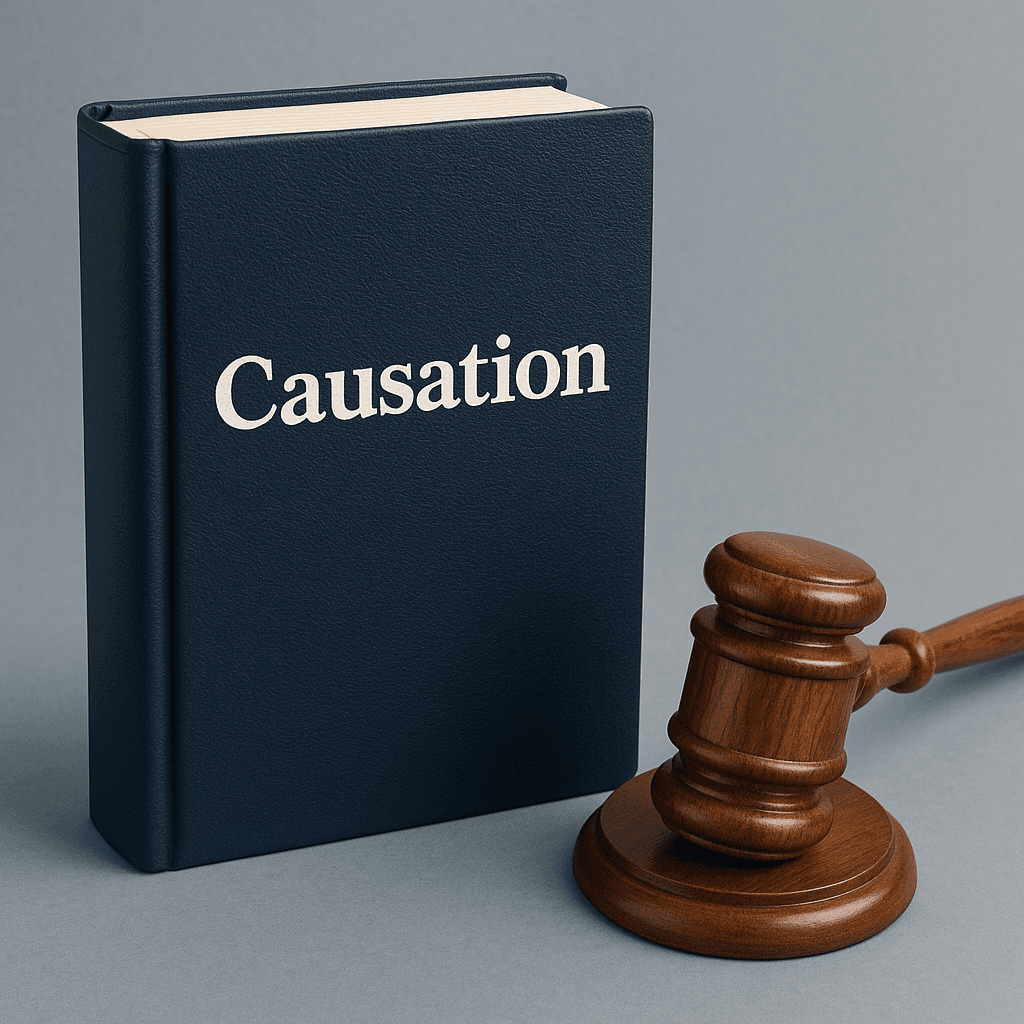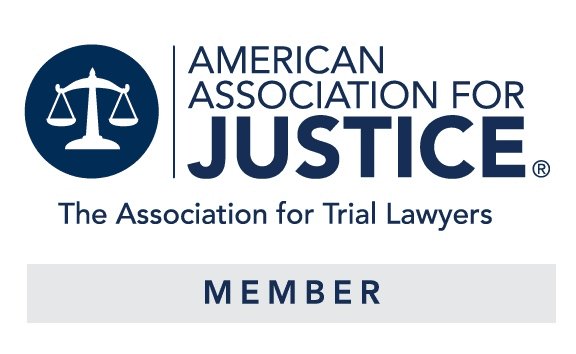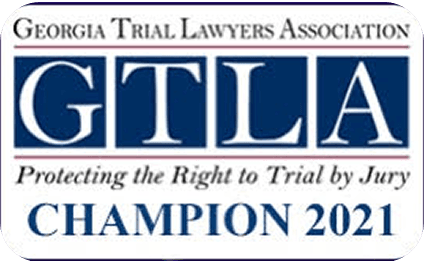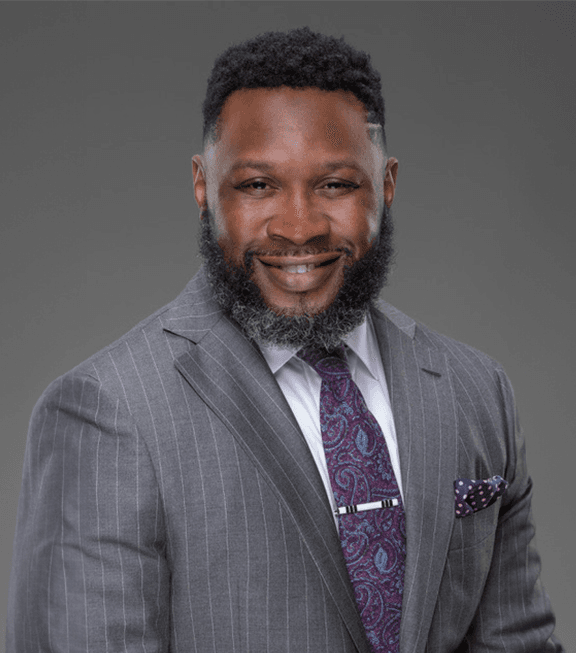
Causation
Causation is a fundamental element in nearly every personal injury claim in Georgia. If you cannot prove causation—no matter how negligent the defendant may have been—you cannot win your case.
In some cases, such as employer liability or third-party involvement, causation may not directly involve the defendant’s actions. Still, the injured party (the plaintiff) must prove that someone’s actions or omissions directly caused the injury.
Context: The Elements of a Negligence Claim
Negligence—carelessness—is the most common legal theory in personal injury cases. Whether the incident involves a car accident, truck collision, slip and fall, or dog bite, most negligence claims require the plaintiff to prove four elements:
 Duty of Care: The defendant owed the injured party a legal duty.
Duty of Care: The defendant owed the injured party a legal duty. Breach of Duty: The defendant failed to meet that duty.
Breach of Duty: The defendant failed to meet that duty. Injury: The plaintiff suffered physical harm (and possibly emotional harm).
Injury: The plaintiff suffered physical harm (and possibly emotional harm). Causation: The defendant’s breach directly caused the injury.
Causation: The defendant’s breach directly caused the injury.
Even in non-negligence cases such as strict liability or product defect claims, causation remains a required element. Without it, there is no basis for financial recovery.
The Two Forms of Causation in Georgia Law
Georgia law distinguishes between two types of causation that must often be established: factual cause and proximate cause.
Factual Cause (Cause in Fact)
This is the direct, actual cause of an injury. A simple test:
“But for the defendant’s action, would the injury have occurred?”
Example: If a driver runs a red light and hits your car, the accident would not have happened but for that action. That makes the red-light violation the factual cause of the crash.
Proximate Cause (Legal Cause)
Even if a defendant's actions were a factual cause, they may not be considered the legal or proximate cause. Proximate cause requires that the injury be a foreseeable consequence of the defendant’s conduct.
The key question becomes:
“Was the injury a natural and probable result of the defendant’s actions?”
If the outcome was too remote or involved an unforeseeable chain of events, the court may rule that proximate cause is lacking.
Examples Where Causation May Be Disputed
1. Unexpected Chain Reactions
Joe negligently leaves a skateboard on a public sidewalk. Janet trips over the board, falls on a two-by-four, which launches a shovel that strikes a pedestrian 25 feet away.
 Factual cause? Yes—Joe’s actions triggered the sequence.
Factual cause? Yes—Joe’s actions triggered the sequence. Proximate cause? Possibly not—the chain of events may be too unforeseeable.
Proximate cause? Possibly not—the chain of events may be too unforeseeable.
2. Intervening Criminal Acts
A property owner fails to fix a broken gate lock. Weeks later, a trespasser enters the property, kills a guest, and disappears. The guest’s family sues the property owner.
 The property owner may argue that the criminal act broke the proximate cause chain.
The property owner may argue that the criminal act broke the proximate cause chain.
3. Acts of Nature
A business fails to repair loose roofing tiles. A rare storm sends the tiles flying, injuring someone a block away.
 Poor maintenance may be the factual cause, but the unpredictable storm may be considered the proximate cause.
Poor maintenance may be the factual cause, but the unpredictable storm may be considered the proximate cause.
4. Third-Party Conduct
A driver illegally parks, forcing a pedestrian into the street, who is then hit by a fleeing bank robber.
 The illegal parking may be the factual cause, but the reckless criminal driver may be an unforeseeable intervening cause that negates proximate cause.
The illegal parking may be the factual cause, but the reckless criminal driver may be an unforeseeable intervening cause that negates proximate cause.
In all these examples, causation is present to some extent—but whether it is sufficient under Georgia law depends on foreseeability and the strength of legal arguments.
Why Causation Can Be Difficult to Prove
Causation often becomes the most contested element in complex injury claims. The defense may argue that your injuries were:
 Caused by a pre-existing condition
Caused by a pre-existing condition The result of your own actions
The result of your own actions Caused by a third party or act of God
Caused by a third party or act of God Too remote from the defendant’s conduct to be considered foreseeable
Too remote from the defendant’s conduct to be considered foreseeable
When legal causation is unclear, your ability to win compensation may depend heavily on your attorney’s ability to present compelling, admissible evidence and expert testimony.
Get Help From a Georgia Personal Injury Lawyer
Causation is not always straightforward. Whether you're pursuing a claim involving a car accident, property injury, or workplace negligence, an experienced personal injury lawyer at Lawson Personal Injury Attorneys can help build a strong case by:
 Gathering medical and accident evidence
Gathering medical and accident evidence Consulting with experts to establish causation
Consulting with experts to establish causation Anticipating defense strategies
Anticipating defense strategies Navigating legal standards for admissibility in court
Navigating legal standards for admissibility in court
Best of all, we operate on a contingency fee basis—you pay nothing unless we recover compensation for you.
Contact Lawson Personal Injury Attorneys today at (678) 446-3655 to schedule a free consultation and discuss your legal options.
Georgia Personal Injury Lawyers
We focus exclusively on serious personal injury cases, including:
Assault Injuries
Bad Faith Insurance
Bicycle Accident
Brain Injury
Bus Accidents
Car Accidents
Catastrophic Injuries
Child Injuries
Construction Accidents
Dog Bites
If your life was disrupted by someone else's negligence, we're here to restore your power through the law.











